Having a safe for your home or business is key to protecting essential items necessary for your peace of mind or your company’s well-being. But many people choose to use safe deposit boxes in banks, thinking that method is more secure. However, items in a home or business safe will be covered under homeowner’s or company insurance policies, a benefit you won’t receive from a bank.
What exactly should a homeowner or business owner keep in a safe? Here’s a quick list of the more important items to have securely stored in a safe box.
For the Homeowner’s Safe
In the case of a natural disaster or a fire, homeowners can make a tragic situation more tenable by having their most valuable possessions locked in a safe. Keep these personal items secured in your safe:
Current insurance policies and agent contact information.
This information is critical to have on hand in case of an accident.
Personal, legal documents.
Have passports, original birth certificates, and original Social Security cards for all family members in the safe. These items are frustrating, stressful, and expensive to replace.
Family photo albums.
Even if you scan your photos and make digital copies of them, you will feel much better knowing that copies of irreplaceable family memories are safely preserved.
Copies of relevant legal and investment documents.
You will need this information should you have to suddenly access funds, or to make sure that power of attorney statements and wills are enacted in the manner you deemed fit.
Medical information.
You will want a list of family doctors, prescriptions, and pharmacy contact information so that you can get new medical supplies if needed.
Safety deposit box keys.
Copies of these keys will be needed to allow you access to your safety deposit box in an emergency situation.
Information on outstanding debts, payment due dates, and contact information. It’s critical that you know the state of your debt and protect your credit, even in an emergency.
For the Business Owner’s Safe
Similar to a homeowner’s situation, a smart business owner will prepare for any situation or circumstance by protecting the information and possessions most important to the business, employees, and customers. After all, companies want to be trustworthy and reliable to clientele. These are the items that should be in a business owner’s safe.
Credit card information.
In the case of emergency, the business may need access to its lines of credit to get back on its feet as soon as possible.
Confidential information about services and products.
Copies of any information about the company’s goods or services should be kept in the safe for the good of the business. This scenario may also apply to customers’ information from orders to financial dealings.
Contracts.
Whether contracts apply to employees or customers, or both, you will want copies safely preserved in case of a natural disaster.
Stock and bond certificates. A business owner may need quick access to this information in stressful circumstances, so having it on hand in the safe is a good idea.
Financial documents.
Any and all financial documents about the efficacy and heart of the company should be kept in the safe.
Electronics.
Any electronics such as laptops or tablets which contain sensitive company or customer information belong in the safe to keep this information out of the wrong hands.
Whether you are a homeowner or business owner, keeping vital information in a safe is the smartest move you can make.

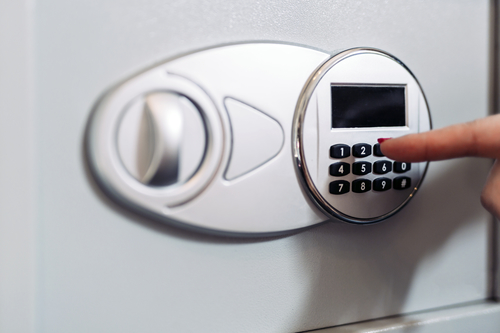
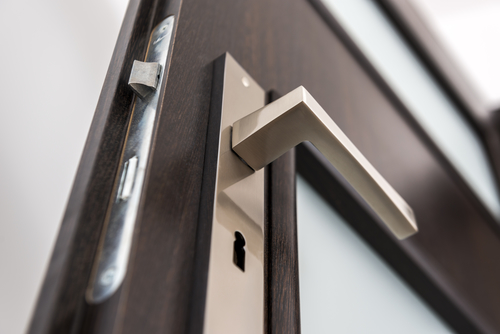 The electric strike lock may not be a colorful component in a locking system, but it is one of the most important. This type of lock is not only cost-effective, but also a better alternative than electrified lock mechanisms in some circumstances.
The electric strike lock may not be a colorful component in a locking system, but it is one of the most important. This type of lock is not only cost-effective, but also a better alternative than electrified lock mechanisms in some circumstances.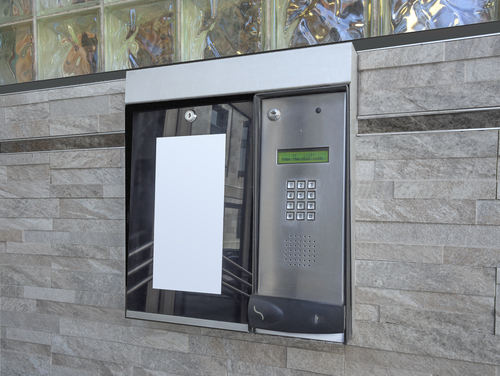 Whether you are looking to protect a real estate investment or your residential property, security of your facility and property is always a priority, and rightly so. Although there are many inexpensive or outdated entry systems available for commercial and residential purposes, purchasing the right telephone entry system the first time can give you peace of mind and secure your assets.
Whether you are looking to protect a real estate investment or your residential property, security of your facility and property is always a priority, and rightly so. Although there are many inexpensive or outdated entry systems available for commercial and residential purposes, purchasing the right telephone entry system the first time can give you peace of mind and secure your assets.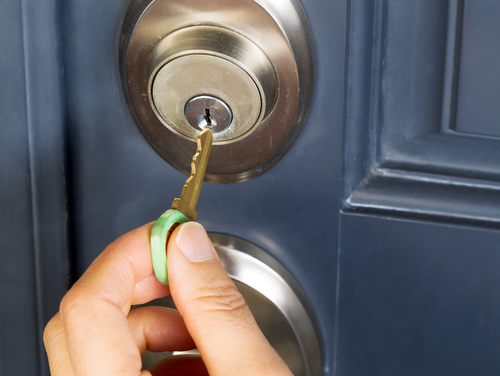
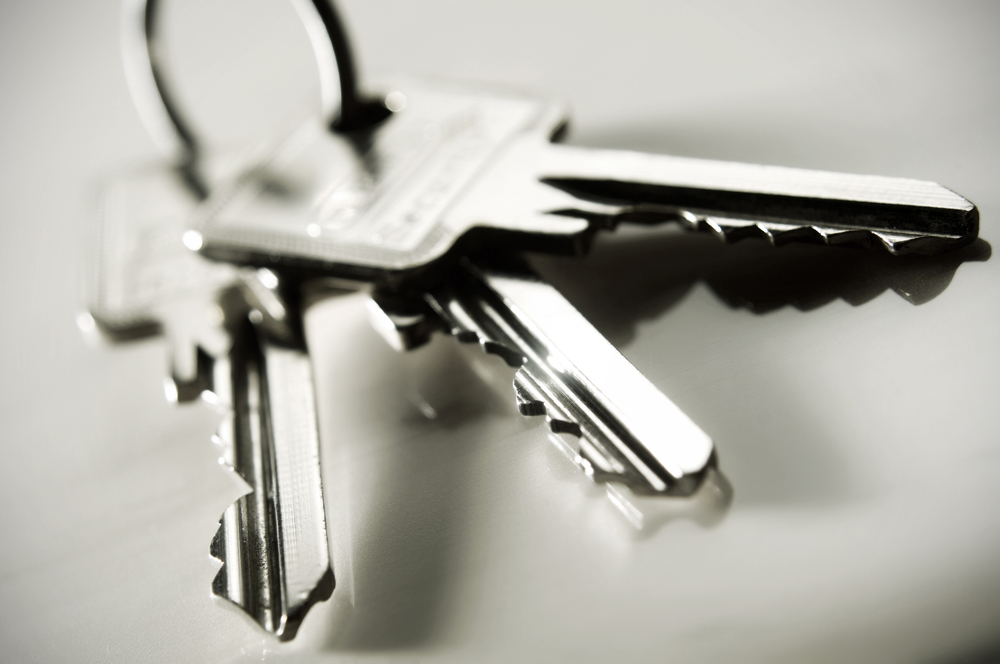 Each day we use keys to secure some of our most prized possessions: buildings, cash, documents, and assets. If you misplace your master key, or if someone copies your key without your knowledge or permission, your business—and everything within it—could be at risk.
Each day we use keys to secure some of our most prized possessions: buildings, cash, documents, and assets. If you misplace your master key, or if someone copies your key without your knowledge or permission, your business—and everything within it—could be at risk.